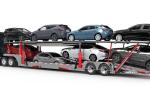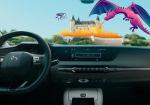Google's Self-Driving Car Revolution: A Glimpse into the Future of Transport

by AutoExpert | 30 November, 2023
Picture this: you're taking a short nap, catching up with your emails, or binge-watching your favorite TV show while your car (your CAR, not some driver) gets you to your destination! And yeah, we all know that autonomous cars are sort of already here, but it all becomes more and more real day by day. And Google's self-driving cars are very much contributing to making this reality closer to us, the simple humble human beings.
Waymo, a subsidiary of Alphabet, has been a trailblazer, inviting the public to its first autonomous vehicle trial and launching fully autonomous cars on public roads without anyone in the driver's seat. The anticipation around driverless cars is palpable, with major tech and auto companies jumping on board, predicting a radical shift in our transportation habits.
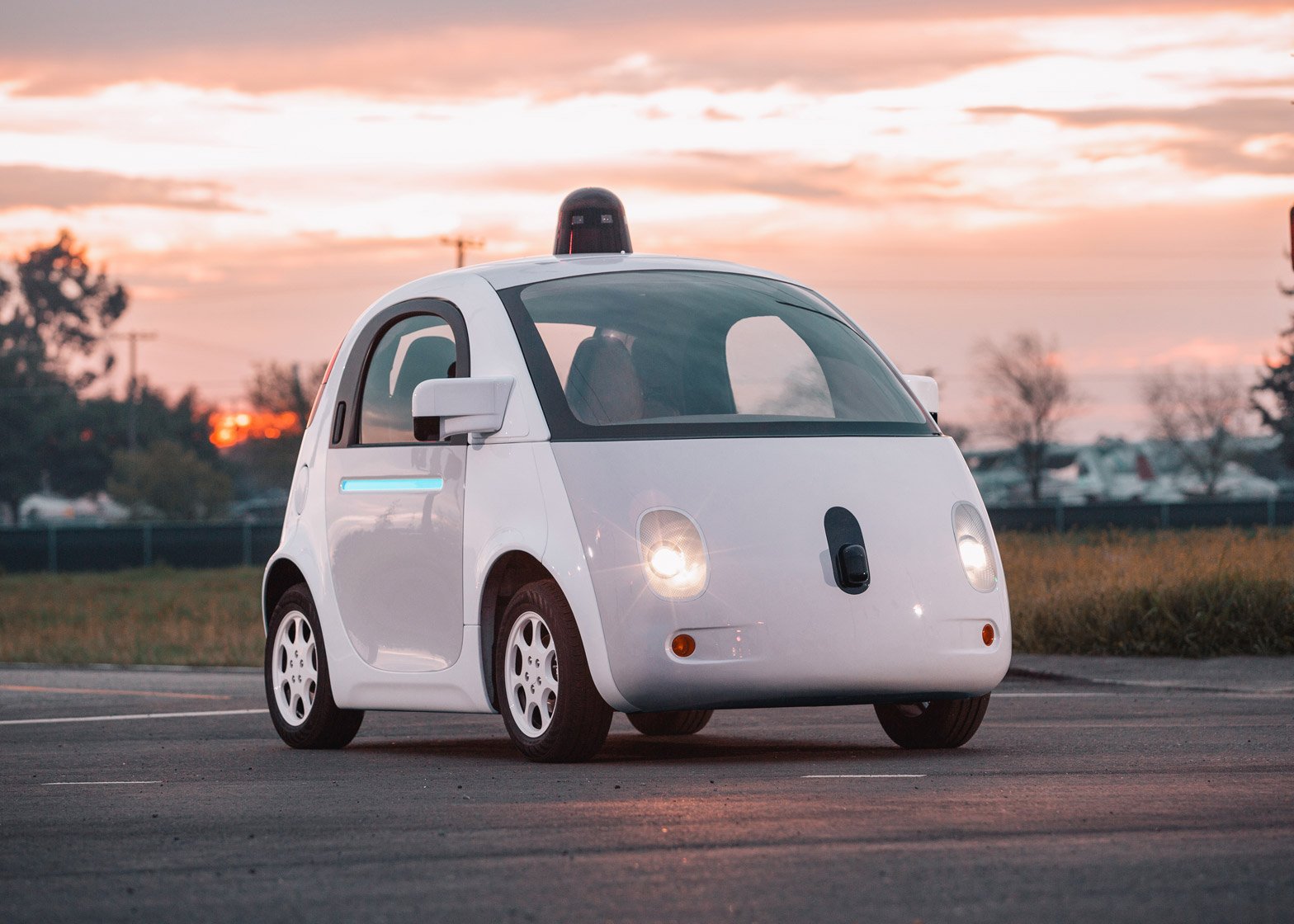
Key Insights:
- Driverless cars promise safer roads, reduced fossil fuel consumption, and lower transportation costs.
- Basic autonomous technologies like front-crash prevention and lane departure systems are already making waves.
- Waymo's self-driving cars use advanced cameras and lidar technology for navigation and safety.
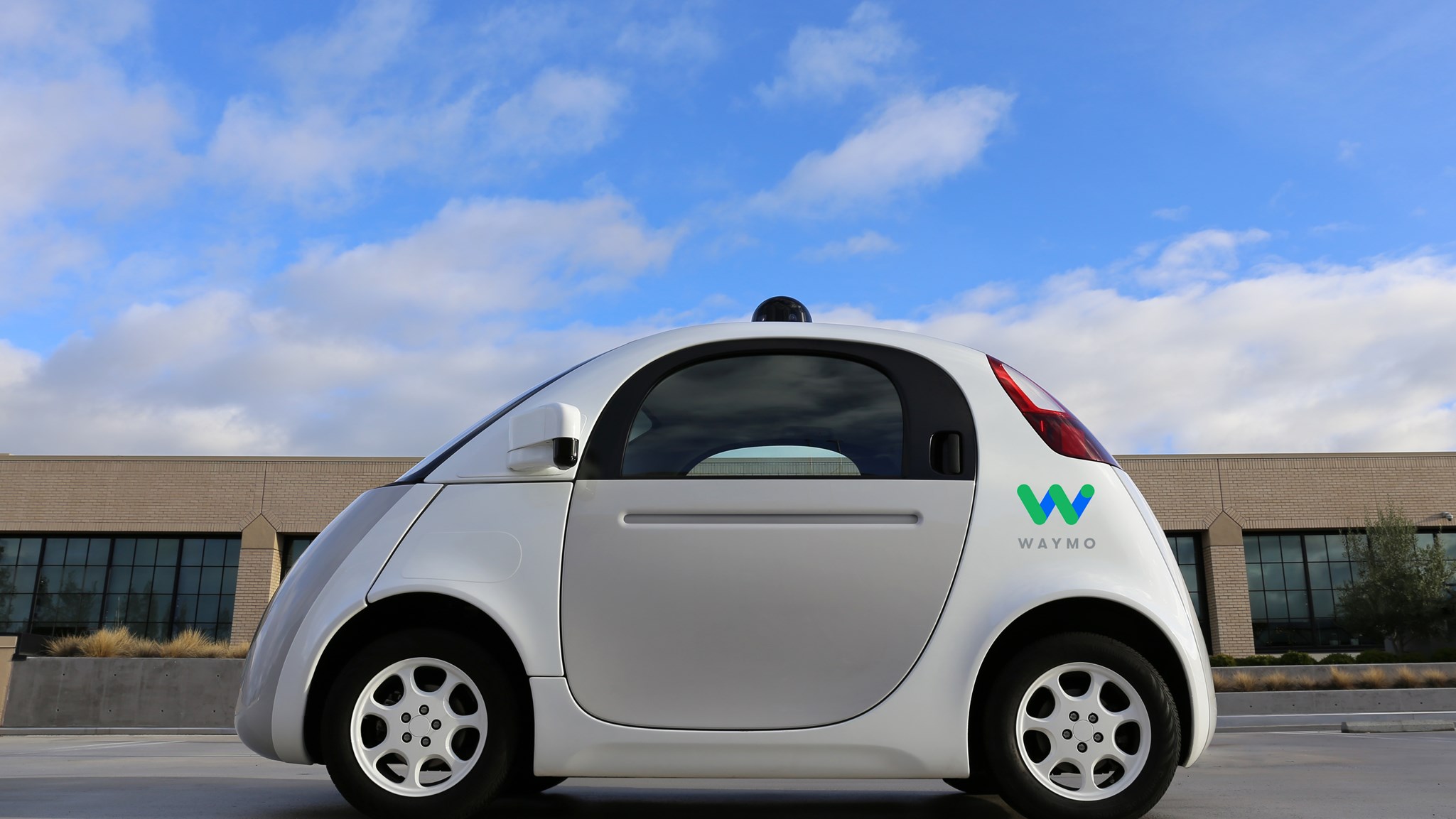
Advanced Technology Changing Lives:
The technology behind these cars is simple yet revolutionary. Equipped with high-resolution cameras and lidar, Waymo's cars can detect and navigate around other vehicles, pedestrians, and obstacles. This advancement promises to transform everything from car manufacturing to urban infrastructure.
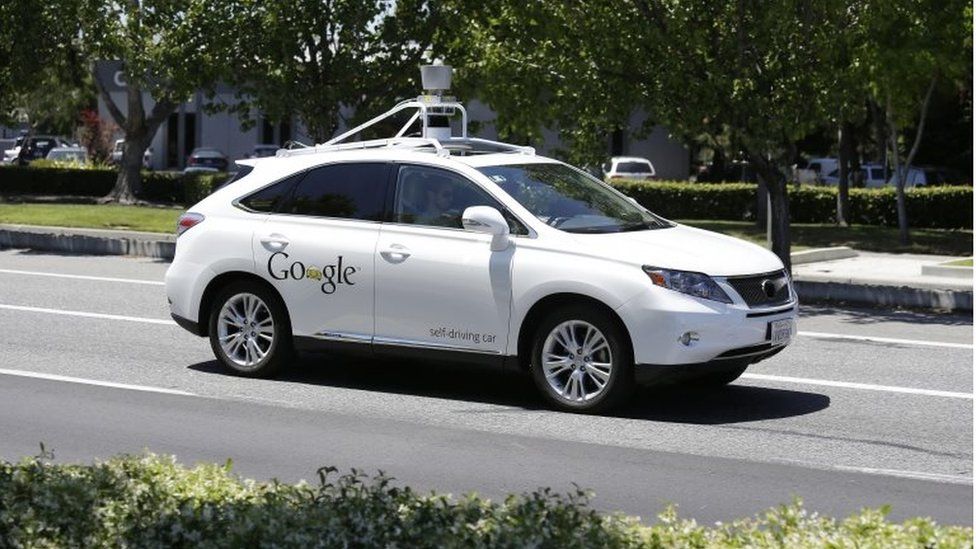
The Ripple Effect:
Self-driving cars are set to disrupt several industries, from auto manufacturing to insurance. With autonomous vehicles, the need for traditional car features and services might drastically decrease, shaking up the entire automotive ecosystem. This could transform into car-sharing models, and thus, significantly reduce the number of cars on the road.
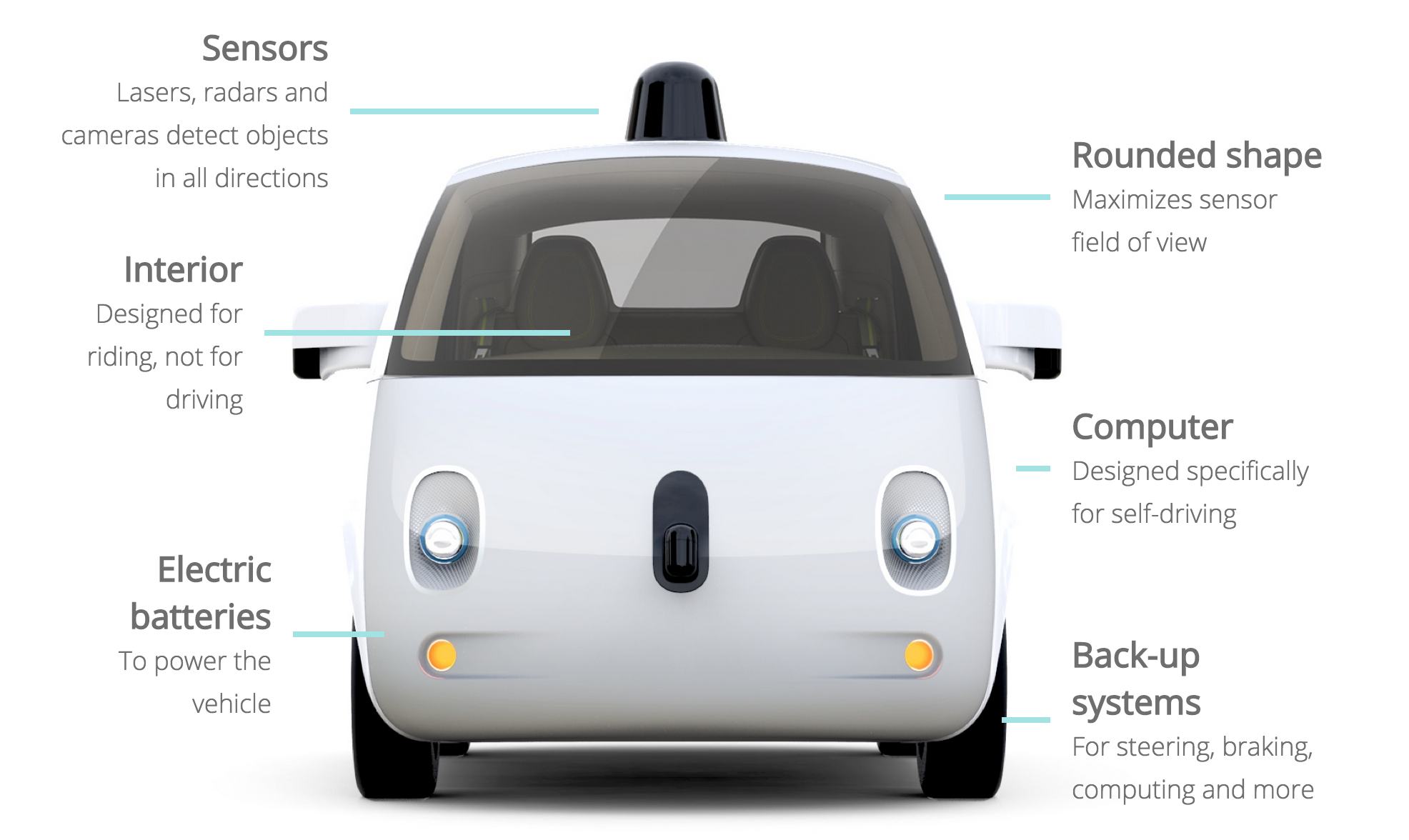
The Economic Impact:
Estimates say that by 2050, self-driving cars could create an impressive $800 billion market opportunity. Adopting autonomous cars could also result in big-time savings thanks to reduced time wasted in traffic, fuel consumption, and fewer accidents.
Transforming Urban Landscapes:
With fewer cars out there, just imagine how urban spaces could be transformed! Green spaces instead of parking lots, less concrete roads and highways, and free finances to be spent by government in other pressing needs.
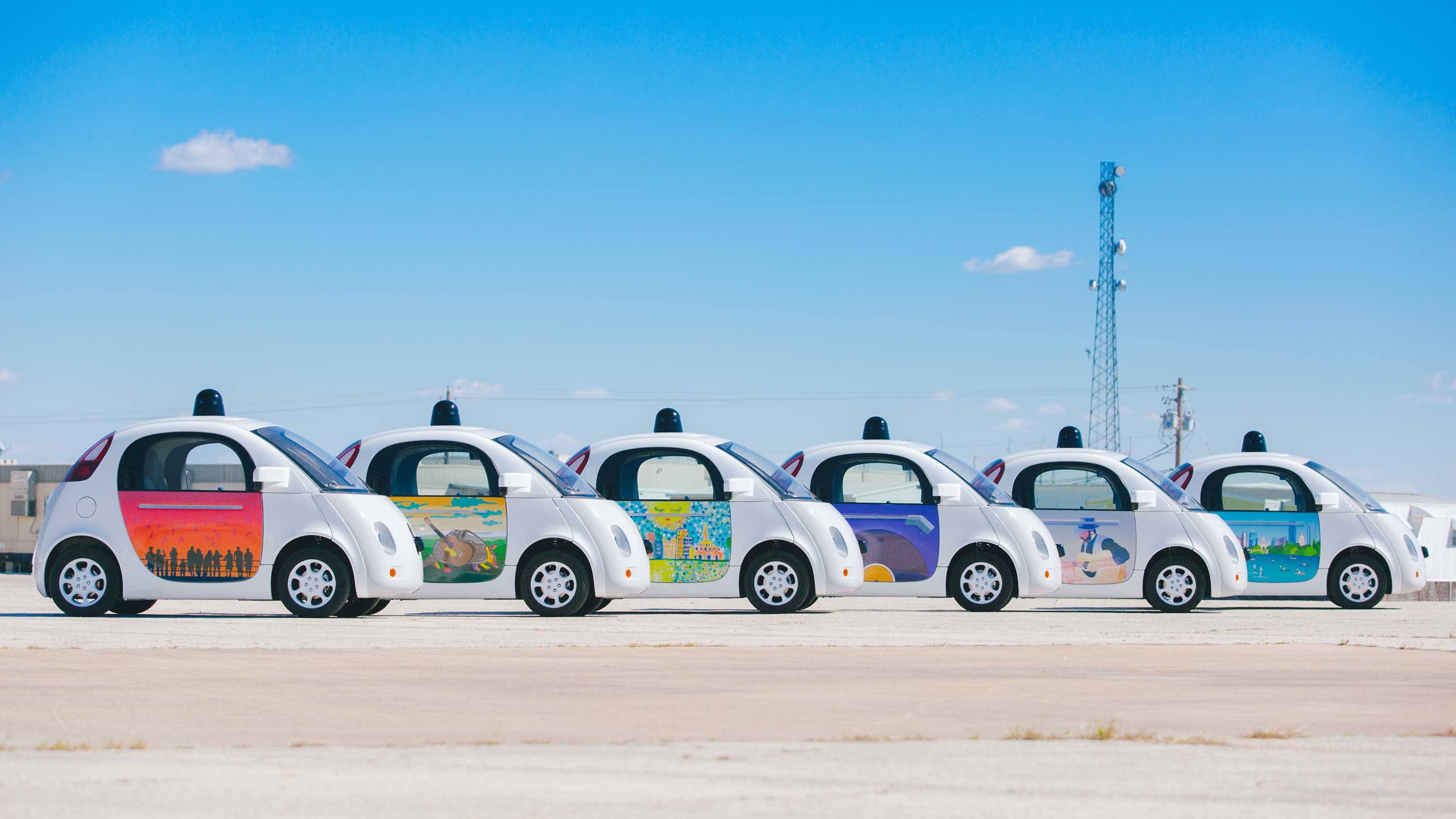
The Future of Waymo and Beyond:
Waymo continues to evolve, partnering with vehicle manufacturers to integrate its technology into different vehicle types, including freight trucks. And no, Google won't start building cars, its contribution to self-driving technology is shaping the future of transportation.
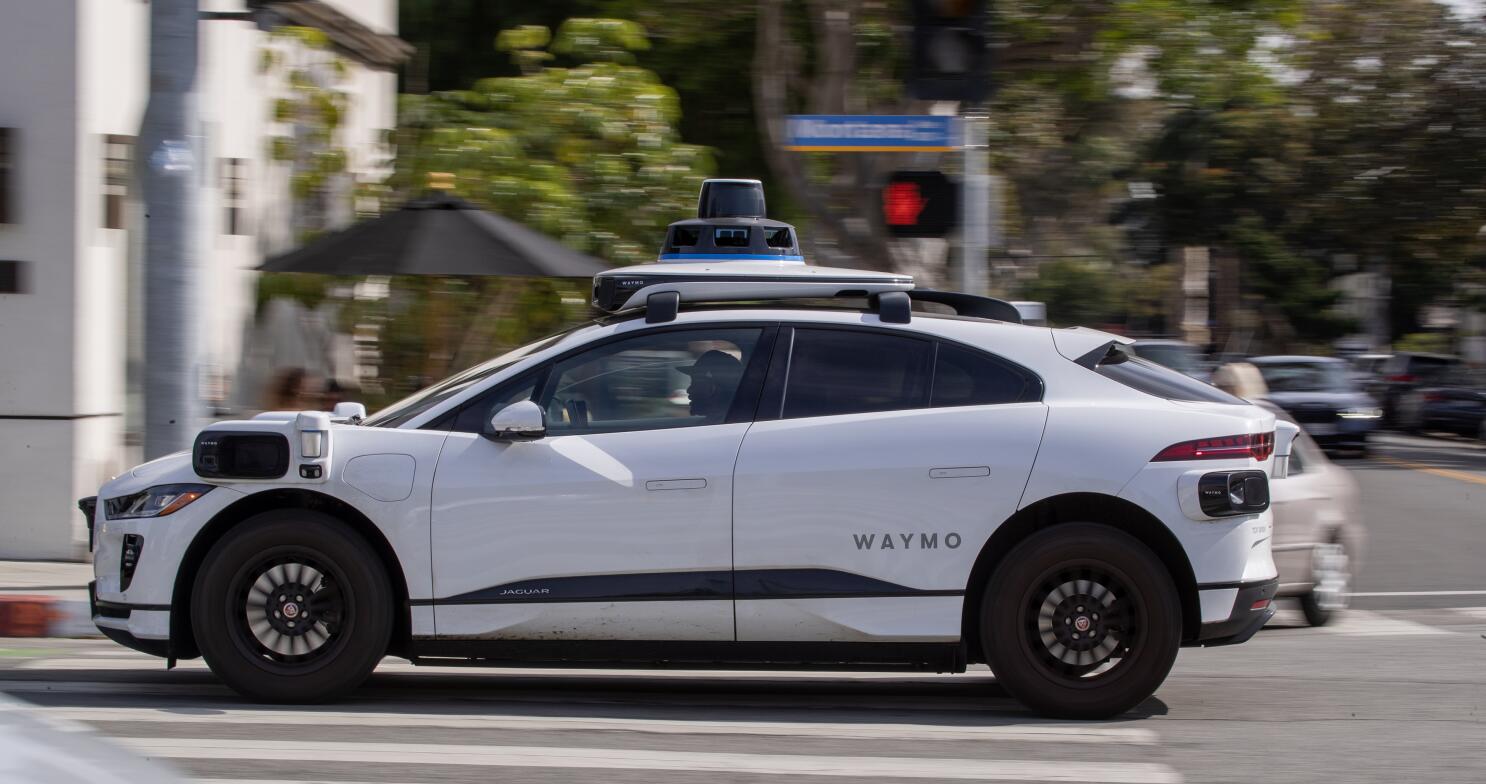
The Bottom Line:
The journey to a world dominated by self-driving cars is well underway. While full adoption might take time, the advantages in terms of safety, cost, and convenience are undeniable. This revolution is not just about technology; it's about reimagining our approach to transportation and the ripple effects it will have on society as a whole.



